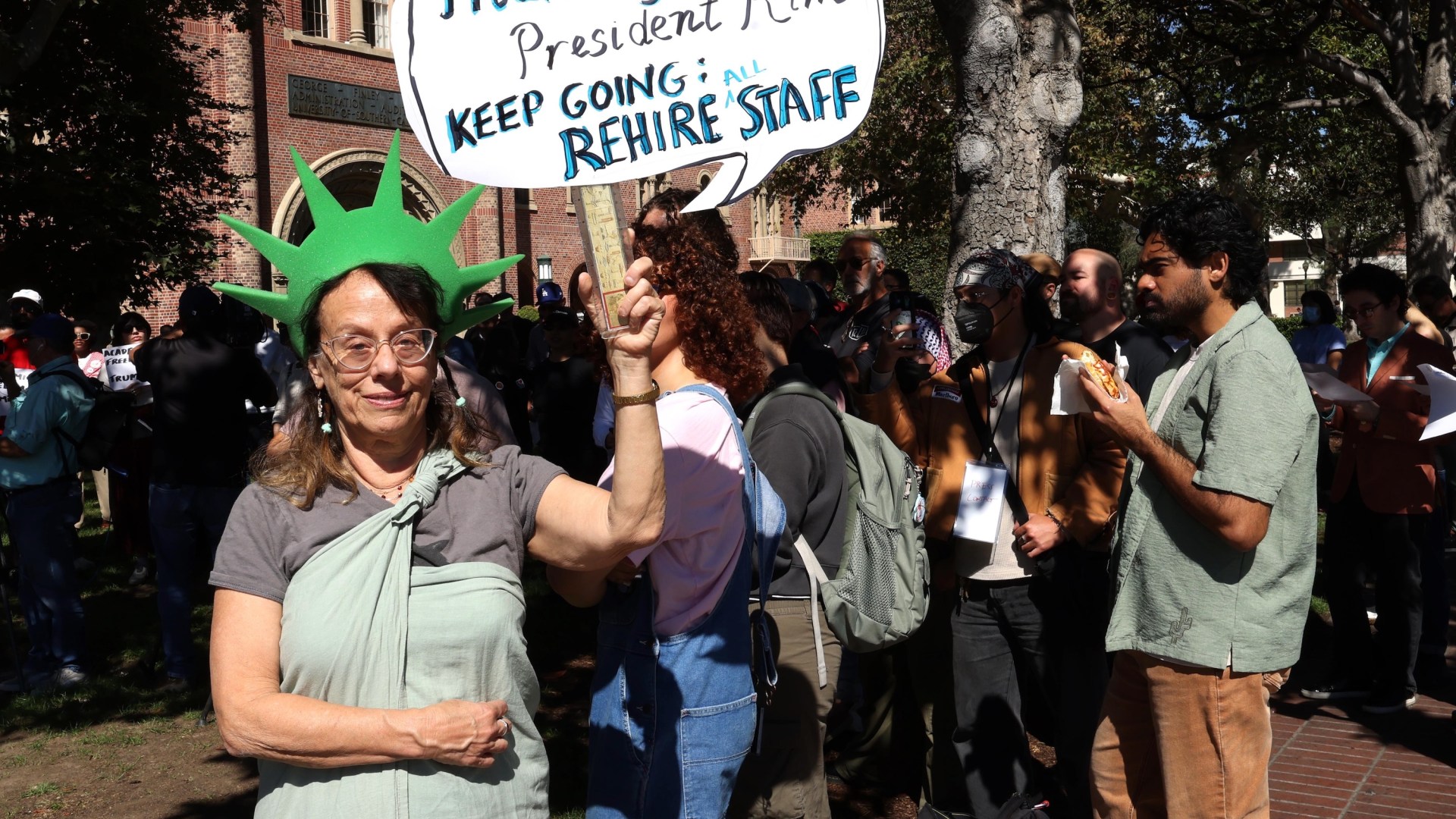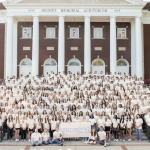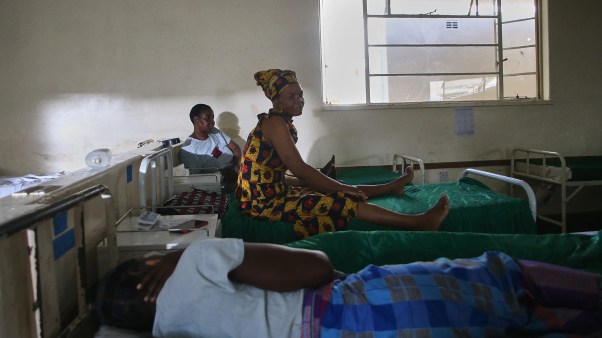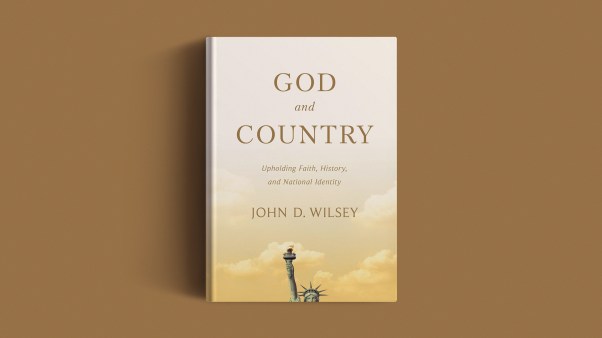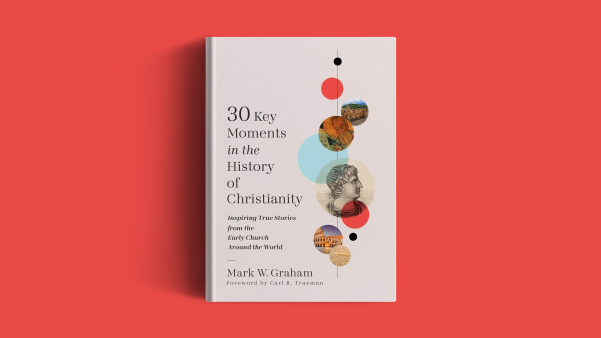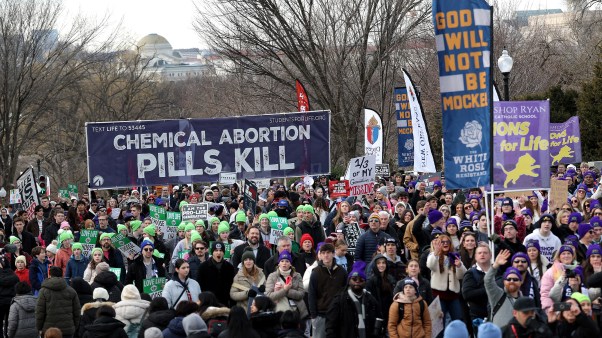The Trump administration wants colleges to sign on to its new compact on higher education, but Christian colleges say it amounts to “undue government control.”
The Council for Christian Colleges & Universities (CCCU), which in the US represents 150 largely evangelical institutions, signed on to a statement from the American Council on Education that said the compact was “government control of a university’s basic and necessary freedoms.”
At the beginning of October, the Trump administration sent a ten-point memo that outlines changes colleges should make, including freezing tuition for five years, refunding students who drop out their first semester, capping the number of international students, removing race-and-gender-diversity consideration in hiring and admissions, and eliminating parts of the institutions that “belittle … conservative ideas.”
The Trump administration initially sent the compact to nine schools, but President Donald Trump has since said all colleges should agree to it.
The compact says a higher education institution could diverge from its requirements “if the institution elects to forego federal benefits.” A White House adviser on the policy told The Wall Street Journal that the government wouldn’t necessarily cut off federal funding to schools that don’t sign on, but it would prioritize grants and White House access to schools that do.
Of CCCU member schools, “I haven’t seen one that said, ‘Sign me up. I’ll take it,’” said CCCU president David Hoag in an interview.
Some of Hoag’s specific concerns are the five-year freeze on tuition and the requirement to refund tuition to students who drop out after a semester. Those requirements are financially unworkable for schools, he said, as health care costs rise every year and schools try to pay faculty fair salaries.
“Don’t put us in the box with the Ivy League schools that are charging very high tuition—$80,000, $90,000. We’re not even in that ballpark,” he said, adding that the average tuition of CCCU schools is about $30,000, which is further discounted 50 percent on average.
Federal aid flowing to Christian colleges, generally speaking, goes to student financial aid like Pell Grants, whereas federal research grants might go to large research schools like Johns Hopkins University.
David Turk, a retired provost who served for decades at the now-shuttered CCCU school Nyack College, said the compact’s financial requirements to freeze tuition for five years and refund those who drop out were “laughable.” He said CCCU schools are already struggling to pay faculty decent wages and contribute to employee retirement funds.
“These schools exist on a financial knife’s edge,” he told CT, adding that part of the reason Nyack closed was that it didn’t charge high enough tuition. “You can tell a state university to [freeze tuition]. They get taxpayer money.”
Hoag is concerned that the admissions process requirements in the compact could ban faith statements, and the ban on diversity consideration in hiring could “conflict with certain programs that are mission-driven at our institutions,” he said.
Another requirement in the memo is a 15 percent cap on international students at each school. Turk, the longtime provost at Nyack College (later called Alliance University before it shut down in 2023), said the cap would undercut the purpose of historic missions schools like Nyack that were training global ministry leaders.
About 30 percent of Nyack’s student body was international when the school shuttered, he estimated. Campbellsville University, another CCCU school, has a student body that’s 30 percent international.
“I can’t imagine a CCCU school saying we’re going to limit our international students,” said Turk. “This is just not us. This is not what evangelical schools are about. This is not what the church is about.”
This compact comes at a time when Christian colleges have seen enrollment grow but are also navigating big changes under the new administration.
The administration has cast uncertainty on international student visas, and now a new Trump requirement for H-1B visas holders to pay a $100,000 fee presents a challenge for universities with professors and researchers on those visas.
Trump’s “one big, beautiful bill” that passed this summer also phases out the Grad PLUS loan program, which is a significant backer for graduate students at CCCU schools, said Hoag. The removal of federal loan programs is the “pendulum” swing away from the Biden administration writing off billions in student debt, he said.
Students will have to go to private banks for loans, which means they or their families must have good credit ratings.
“I’m not overly concerned with this current administration with religious liberty being attacked per se, but I am concerned about the funding piece,” said Hoag.
A week ago he was in meetings with boards of several colleges and put up slides showing the amount of Pell Grants and other federal financial aid for students at their schools.
“I’m putting numbers on slides that are $17 million to $75 million,” Hoag said. “My schools that are doing better—I say to them, ‘Remember your dependency needs to be on the Lord, not the federal government. How can you be thinking if some of that money goes away in the future?’”
Other Christian schools have seen benefits of a new administration. The Biden administration issued record-setting fines against the two biggest Christian colleges in the country: Grand Canyon University and Liberty University.
Grand Canyon faced a $37.7 million fine for misrepresenting the cost of graduate programs, and the school accused the government of “overreach.” The Trump administration rescinded the fine.
Liberty was fined $14 million for campus safety violations, and the school’s objection to the fines came up at the Trump administration task force tracking anti-Christian bias in the federal government.
Liberty and Grand Canyon are not part of the CCCU.
In addition to the CCCU, the Association of Catholic Colleges and Universities, the main representative of Catholic higher education in the US, signed the statement opposing the compact.
“The compact is just the kind of excessive federal overreach and regulation, to the detriment of state and local input and control, that this administration says it is against,” the statement said.
It added, “To be clear, we agree that higher education has room for improvement … but undue government control is not the way for higher education to deliver on all of its promise.”
So far, no school in the country has agreed to Trump’s compact.

